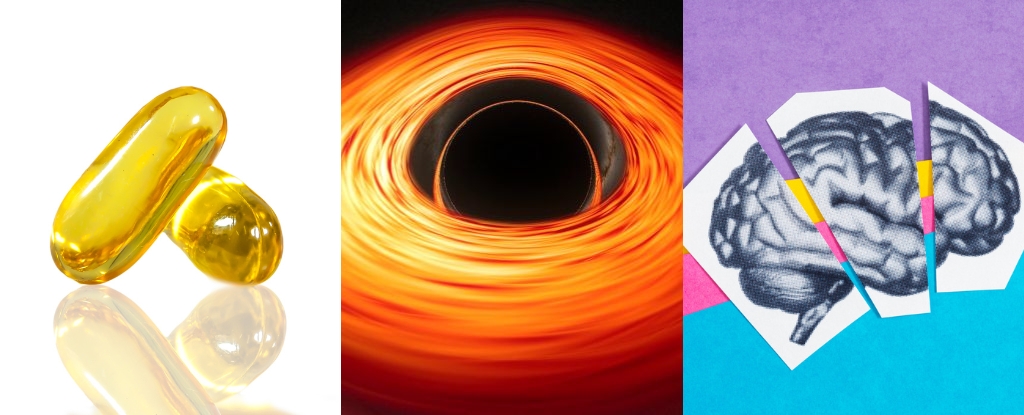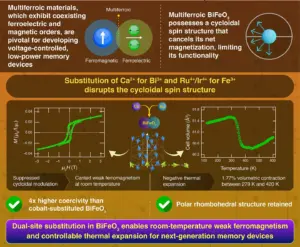
This week has brought significant advancements in various scientific fields, ranging from potential anti-aging breakthroughs to a groundbreaking discovery of an undersea metropolis. Researchers have identified critical factors in Alzheimer’s risk, explored the mysteries of black holes, and revealed how certain proteins may influence brain aging.
Earth’s Seasons Show Unprecedented Asynchrony
Satellite imagery has unveiled that Earth’s seasons are increasingly out of sync across different regions. The research team behind this discovery has provided an intimate portrayal of seasonal cycles in land-based ecosystems. Their findings indicate “hotspots” of seasonal asynchrony, where the timing of seasonal changes is inconsistent even among nearby locations. This phenomenon could have profound implications for agriculture and biodiversity, prompting further investigation into its causes and effects.
Alzheimer’s Risk Linked to Omega-3 Levels
A study conducted by researchers at King’s College London suggests that low levels of omega-3 fatty acids may contribute to the heightened risk of Alzheimer’s disease in women. The research found that these healthy lipids were significantly lower in women diagnosed with Alzheimer’s, potentially explaining why they are affected at nearly twice the rate of men. This study underscores the importance of dietary factors in cognitive health and may pave the way for new preventive strategies.
Deep in the Pacific Ocean, scientists have made a remarkable discovery: a massive undersea metropolis, a hydrothermal field covering an area of 11 square kilometers. This intricate structure, characterized by deep craters and dolomite walls, surpasses the famous ‘Lost City’ found in the Atlantic Ocean. The implications of this find could reshape our understanding of marine ecosystems and geological processes.
Research has also highlighted a remarkable link between the protein FTL1 and brain aging in mice. By blocking this protein, scientists have achieved what appears to be a reversal of cognitive decline associated with aging. In experiments, young mice exhibited signs of impaired memory when FTL1 levels were artificially increased, while older mice demonstrated restored cognitive functions after the protein was reduced. These findings open up exciting possibilities for future treatments of age-related cognitive decline.
In the realm of astrophysics, the James Webb Space Telescope (JWST) may have provided the first direct evidence of primordial black holes. These objects, thought to have formed shortly after the Big Bang, could offer explanations for dark matter mysteries. Researchers state that the only scenarios that could account for the observed phenomena involve either direct collapse black holes or primordial black holes, making this discovery a significant advancement in our understanding of the universe.
A new five-year study has examined the effects of high doses of vitamin D on aging. Researchers found that participants taking these supplements exhibited longer telomeres, which are cellular markers associated with slower aging. While the results are promising, the study emphasizes that it is premature to adopt high-dose vitamin D as an anti-aging strategy. Nevertheless, for individuals deficient in vitamin D, supplementation remains a sensible recommendation supported by extensive research.
These discoveries highlight the dynamic nature of scientific research and its capacity to enhance our understanding of health, the environment, and the universe. As studies continue to evolve, they may not only uncover new knowledge but also offer practical applications that can improve lives globally.






